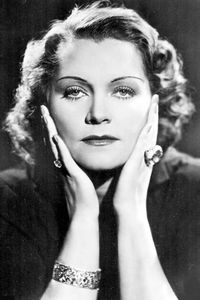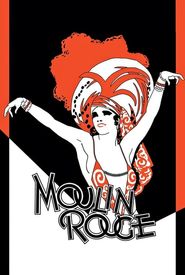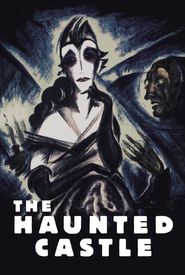Olga Chekhova, a renowned silent film star, remains an enigmatic figure, accused of being a Russian agent in Nazi Germany. Born Olga Konstantinovna von Knipper on April 26, 1897, in Aleksandropol, Transcaucasia, Russian Empire, she was the second of three children in a bilingual Russian-German family.
Olga studied art and literature at an art school in St. Petersburg and later at the Moscow Art Theatre, where she met her future husband, Michael Chekhov, a rising star of stage and film. However, their marriage was marked by infidelity, and Olga separated from Michael during the Russian Revolution in 1917.
Olga claimed to have fled Russia disguised as a peasant woman, but in reality, she married an officer in the Austro-Hungarian army, Friedrich Jaroshi, and took a train from Moscow to Vienna, Austria. She was later introduced to film producer Erich Pommer and renowned director F.W. Murnau, who gave her a leading role in his film, The Haunted Castle (1921).
Olga became a huge star in Europe, playing in over 40 silent films during the decade. She was famous for her movie image as a baroness and was courted by high-ranking Nazi officials, including Adolf Hitler, who reportedly fell for her cold and beautiful face. She received valuable gifts from Hitler and was honored with the title of "State Actress" of the Third Reich.
However, Olga's association with the Nazi regime made her a target for Soviet agents, and she was investigated by the SS on orders from SS leader Heinrich Himmler. She was eventually taken prisoner by the Red Army and flown to Moscow for debriefing.
After two months of interrogations, Olga was flown back to Berlin, where she was assisted by the Soviet Army. She was given money and moved into a Soviet-supervised house on Spree Strasse in the Soviet sector of East Berlin. Olga continued her film career in Europe, ran her own film production company, and launched a successful cosmetics company.
Her remarkable acting career, spanning almost 60 years, ended in 1978, with a small film role as a grandmother. Her personal file was temporarily available for viewing at the KGB archives in Moscow, and one report on her was prepared and signed by KGB chief Viktor S. Abakumov.
In her later years, Olga suffered from depression and the loss of her daughter Ada, who died in an airplane crash in 1966. However, she survived thanks to her strong will and lust for life, living for another 15 years and seeing her great-grandchildren grow. Moments before she died, she ordered a glass of champagne from her granddaughter Vera Tschechowa, and her last words were, "Life is beautiful!"




























